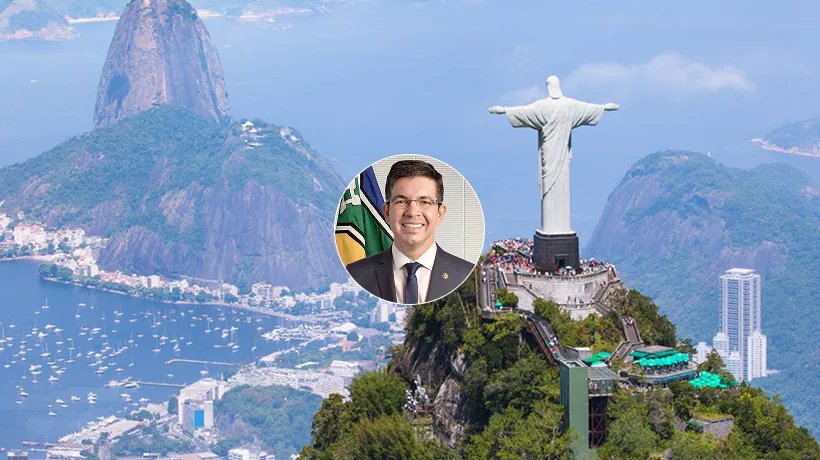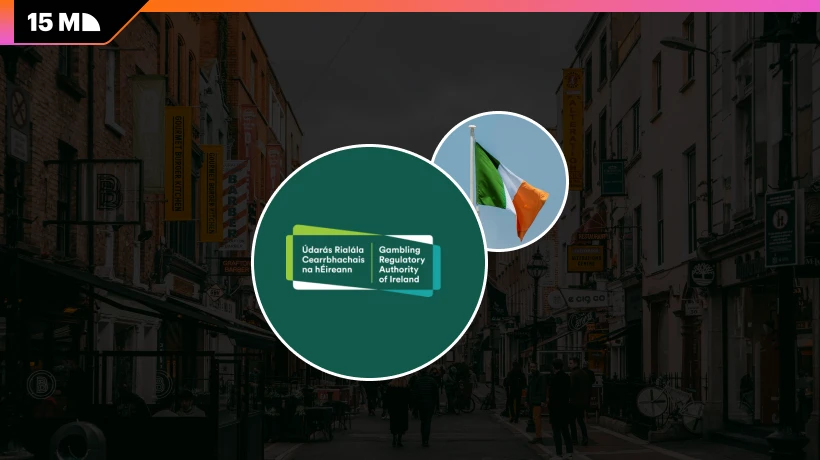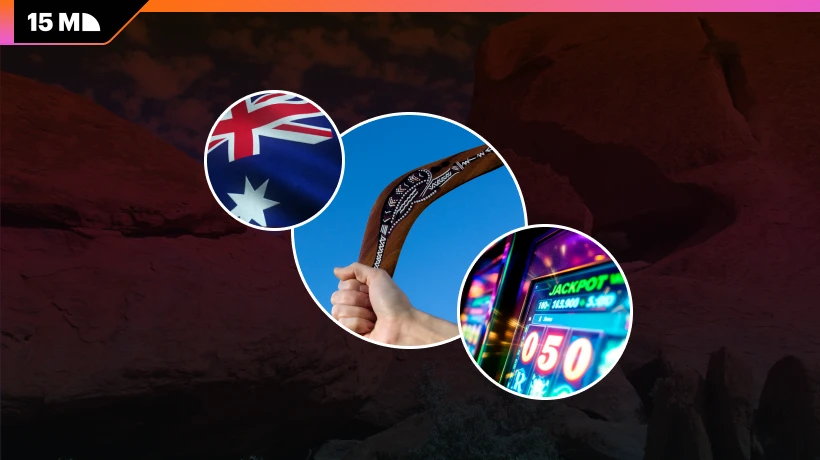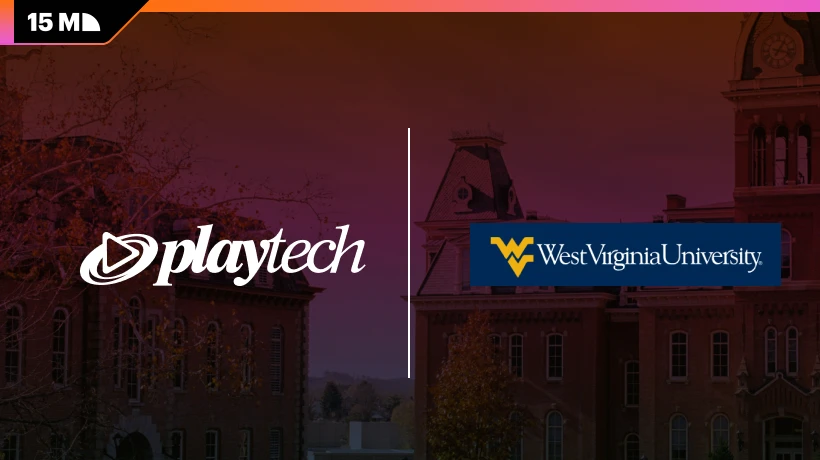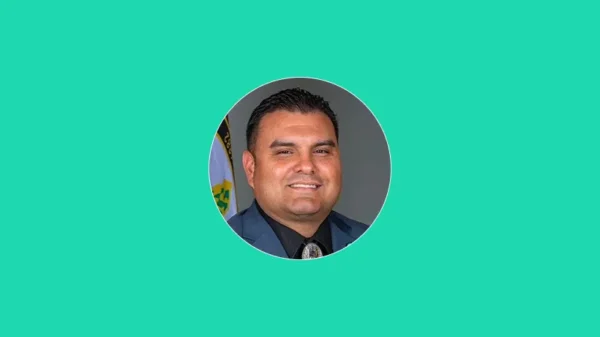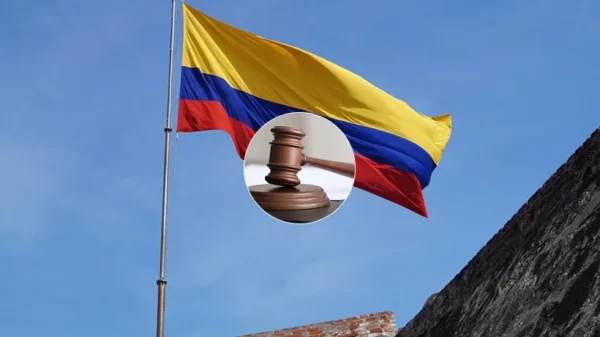Senator Randolfe Rodrigues is making another push. The Congress Government Leader says Brazil needs to increase its betting tax rate fast. Right now it sits at 12%.
He calls that “the lowest in the world,” and he’s not backing down.
The government wants rates between 18% and 20%. That would match other markets better. New York charges 52%. Most of Europe goes above 20%. Kenya sits around 18%.
Brazil’s previous administration left betting untaxed. The sector grew fast after that. Now it’s become what Rodrigues calls a major problem, especially for poorer households.
Why This Tax Increase Matters Now
Rodrigues didn’t mince words about the situation. “Betting, today, is a national epidemic that especially affects poorer families,” he said.
He thinks some betting operations shouldn’t exist at all. Others need “selective taxation” like cigarettes and alcohol get. It’s not just about money for him.
The senator sees this as both a fiscal move and a social one. Revenue matters, sure. But so does responsible gambling control. The industry expanded without oversight for years, and lower-income Brazilians bore the brunt.
Brazil ranks among the world’s most unequal countries. Rodrigues wants to change that through taxation. “If we tax those who have never been taxed in Brazil, we will slightly lessen the strength of this inequality in the country,” he explained.
What the Tax Hike Could Generate
The numbers aren’t small. The government expects BR1.5bn to BR2bn extra in 2026. That’s about $277m to $370m.
This revenue would plug fiscal gaps. Some temporary measures expired recently, leaving holes in the budget. The betting tax increase would help fill them.
Rodrigues links this proposal to broader fiscal discussions. The government’s working on a new fiscal framework. Selective taxes are part of that conversation.
He frames it as fairness, not just revenue. “This is the debate we want with Congress and with society,” Rodrigues said.
How Industry and Government Are Clashing
Taxation has become the big fight between officials and operators. Regulatory clarity improved over time. But tax rates? That’s where things get heated.
Industry stakeholders oppose the increase, naturally. They prefer the current 12% rate. The government sees things differently.
This isn’t a settled debate. It’s described as a “central political fault line.” Congress will need to approve any changes. Rodrigues wants that debate to happen now, not later.
The senator’s tying this to inequality reduction and social responsibility. Whether that argument wins over lawmakers remains to be seen.
